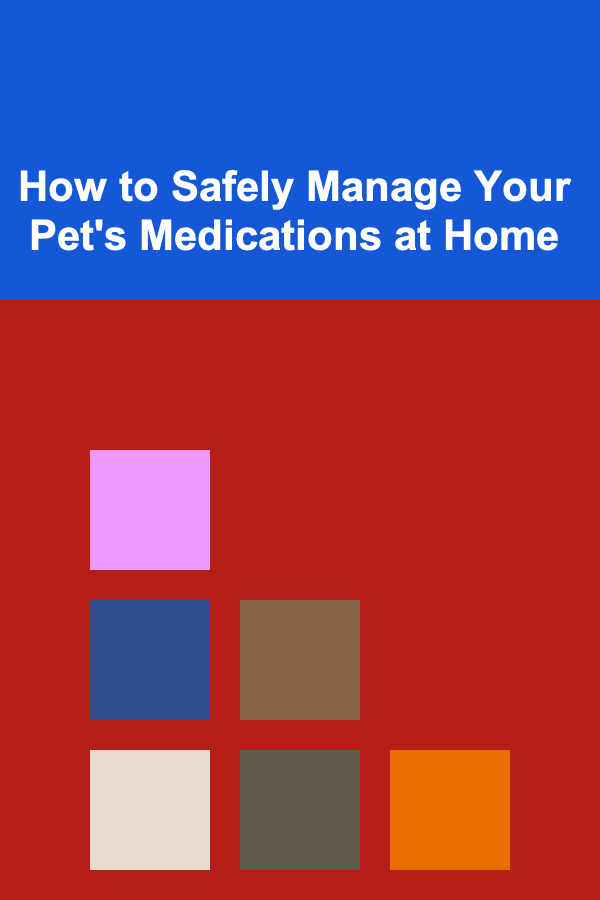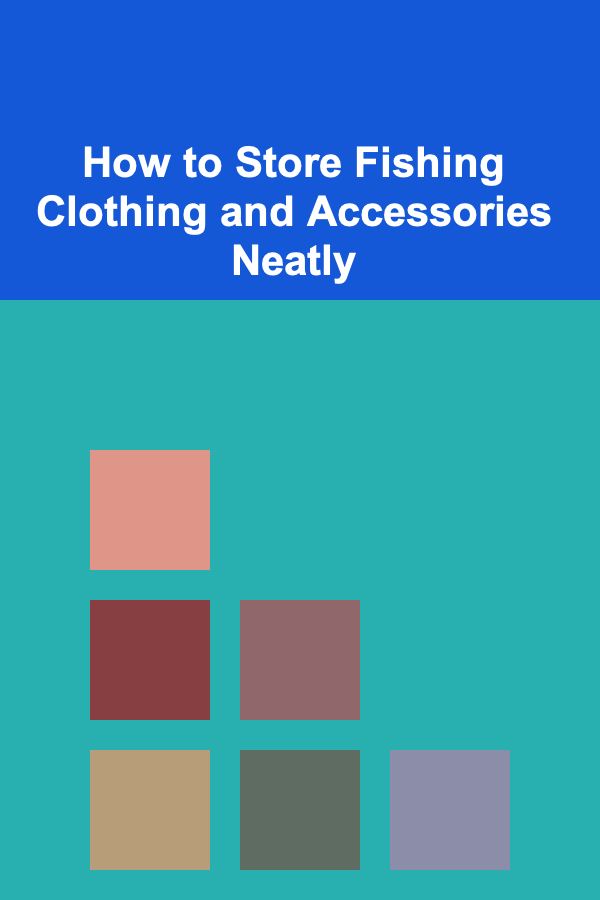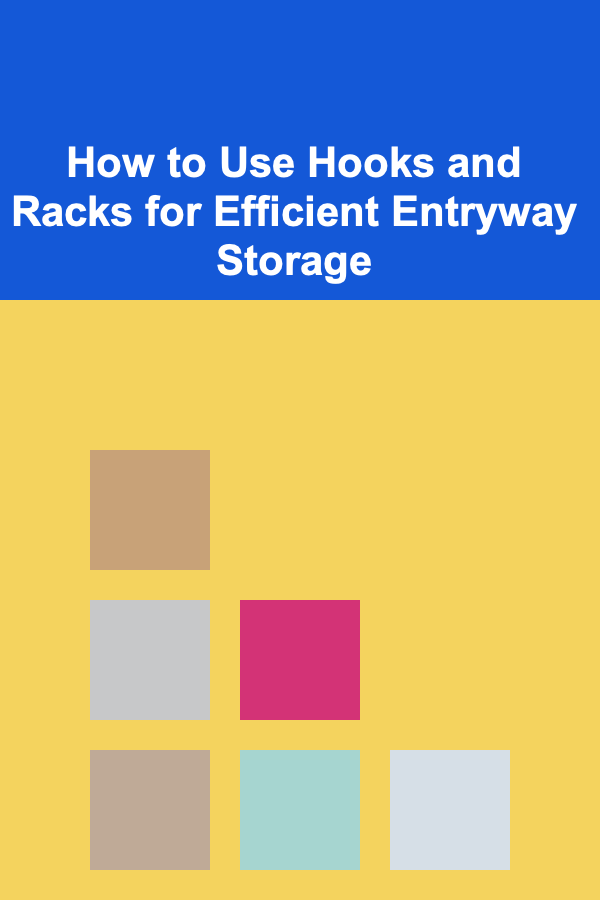
How to Use Blockchain for Ethical Sourcing
ebook include PDF & Audio bundle (Micro Guide)
$12.99$6.99
Limited Time Offer! Order within the next:

In recent years, the importance of ethical sourcing has grown significantly. As consumers and businesses become more aware of the social and environmental impacts of their purchasing decisions, there has been a shift toward prioritizing ethical practices in supply chains. Ethical sourcing ensures that products are made in ways that are environmentally friendly, socially responsible, and transparent. One technology that has the potential to revolutionize ethical sourcing is blockchain.
Blockchain, a decentralized and immutable digital ledger, is best known for powering cryptocurrencies like Bitcoin, but its applications extend far beyond finance. In the context of ethical sourcing, blockchain can provide unprecedented levels of transparency, traceability, and accountability. By utilizing blockchain technology, businesses and consumers can ensure that their products are ethically sourced, promoting fairness, sustainability, and ethical labor practices throughout the supply chain.
This article explores how blockchain can be used to enhance ethical sourcing, focusing on its applications, benefits, challenges, and real-world examples.
What is Blockchain?
Blockchain is a distributed ledger technology (DLT) that allows data to be stored in blocks linked together in a chain. These blocks contain transactional data and are secured using cryptography. Unlike traditional databases, which are controlled by a central authority, blockchain operates on a decentralized network, meaning that no single entity has control over the system. Once a block is added to the blockchain, it becomes nearly impossible to alter or delete, ensuring data integrity.
In the context of ethical sourcing, blockchain allows all transactions to be recorded in a transparent and immutable ledger, making it easier to trace the origin of products and verify the claims made by suppliers. This transparency is particularly important in industries where unethical practices, such as child labor, environmental degradation, or exploitation of workers, can often go unnoticed.
How Blockchain Enhances Ethical Sourcing
1. Transparency in Supply Chains
Transparency is one of the most significant challenges in supply chains today. Traditional supply chains often involve multiple intermediaries, each handling a different part of the production process. This complexity makes it difficult to trace the origin of materials and products. As a result, businesses may unknowingly source materials from suppliers that engage in unethical practices.
Blockchain technology addresses this challenge by providing a transparent and immutable record of every transaction in the supply chain. Each step of the production process, from raw materials to finished products, is recorded on the blockchain, allowing businesses and consumers to trace the entire journey of a product. For example, a consumer buying a piece of clothing can use blockchain to verify whether the cotton was grown using sustainable farming practices, whether workers were paid fair wages, and whether the product was produced in a factory with safe working conditions.
By enabling transparency, blockchain helps prevent unethical practices such as child labor, exploitation of workers, and environmental harm from going unnoticed. It also provides businesses with the information they need to make informed decisions about their suppliers, ensuring that they only partner with companies that align with their ethical values.
2. Traceability of Raw Materials
One of the primary challenges in ethical sourcing is verifying the origin of raw materials. For example, in the diamond industry, conflict diamonds---also known as blood diamonds---have been a longstanding issue. These diamonds are mined in war zones and sold to finance armed conflict against governments. Blockchain technology can help solve this problem by providing a verifiable and transparent record of the entire supply chain, from the mine to the retail store.
With blockchain, every transaction involving a raw material is recorded on an immutable ledger, making it possible to trace the material's journey from its source to the final product. This ensures that businesses can confirm whether their raw materials come from ethically sourced suppliers. In the case of conflict diamonds, blockchain can prevent them from entering the supply chain by verifying their origin and ensuring that they are sourced from conflict-free zones.
In addition to diamonds, blockchain can be used to trace other raw materials, such as timber, palm oil, and cocoa, which are often associated with environmental destruction and human rights abuses. By tracking the origin of these materials, blockchain helps ensure that businesses do not inadvertently contribute to deforestation, human trafficking, or exploitation.
3. Improved Labor Rights and Fair Trade Practices
Blockchain also has the potential to improve labor rights and ensure fair trade practices throughout supply chains. In many industries, workers are often subjected to poor working conditions, low wages, and exploitation. By using blockchain to track the journey of products, businesses can ensure that workers are paid fairly, work in safe conditions, and are treated ethically.
Smart contracts, a key feature of blockchain, can be used to automate and enforce labor agreements. For example, a smart contract could automatically release payment to a supplier when certain conditions are met, such as ensuring that workers receive fair wages and that workplace safety standards are adhered to. These contracts are transparent, traceable, and self-executing, reducing the risk of exploitation and ensuring that businesses uphold their ethical commitments.
Moreover, blockchain allows consumers to verify the ethical claims made by businesses. For example, if a company claims that its products are made using fair trade practices, blockchain can provide a transparent record of the supply chain, verifying that workers were paid fairly and worked in safe conditions. This level of accountability can incentivize businesses to adopt more ethical practices and help consumers make informed purchasing decisions.
4. Environmental Sustainability
In addition to improving labor practices, blockchain can also help promote environmental sustainability in supply chains. Many industries, such as fashion, electronics, and agriculture, contribute to environmental degradation through practices such as overproduction, excessive water use, and pollution. Blockchain can help address these issues by providing transparency into the environmental impact of production processes.
For example, blockchain can be used to track the carbon footprint of products by recording data on energy consumption, transportation emissions, and waste disposal. This data can be made available to consumers, allowing them to make more sustainable purchasing decisions. Additionally, businesses can use blockchain to ensure that their suppliers follow environmentally responsible practices, such as using renewable energy or minimizing waste.
Blockchain can also facilitate the implementation of circular economy models, where products are designed for reuse, recycling, or repurposing. By tracking the lifecycle of products on the blockchain, businesses can encourage sustainability and reduce waste, ensuring that products are disposed of in environmentally responsible ways.
5. Combating Fraud and Counterfeit Products
Fraud and counterfeit products are a significant issue in many industries, from luxury goods to pharmaceuticals. Counterfeit products often harm consumers and damage the reputation of businesses. Blockchain can help combat this problem by providing a secure and transparent way to verify the authenticity of products.
For example, in the luxury goods industry, blockchain can be used to track the authenticity of high-end items, such as designer handbags, watches, and jewelry. Each product is assigned a unique identifier that is recorded on the blockchain, allowing consumers to verify its authenticity and trace its journey from production to retail. This not only helps prevent counterfeiting but also ensures that the product is ethically sourced and produced.
In the pharmaceutical industry, blockchain can be used to verify the authenticity of drugs, preventing the sale of counterfeit medications that could harm consumers. By recording every transaction in the supply chain, blockchain ensures that drugs are sourced from legitimate manufacturers and are stored and transported under the correct conditions.
Real-World Applications of Blockchain in Ethical Sourcing
Several companies and organizations have already begun implementing blockchain to enhance ethical sourcing in their supply chains. Below are some notable examples.
1. IBM Food Trust Network
IBM's Food Trust Network is a blockchain-based platform that enables transparency and traceability in the food supply chain. It allows businesses to trace the journey of food products from farm to table, ensuring that they are produced using sustainable and ethical practices. Consumers can access information about the origins of their food, including how it was grown, processed, and transported. This helps ensure that food products are ethically sourced and that businesses are held accountable for their practices.
2. Everledger
Everledger is a blockchain-based platform that provides transparency and traceability for diamonds and other high-value assets. By using blockchain, Everledger enables businesses to track the origin of diamonds, ensuring that they are not conflict diamonds. The platform also helps combat fraud by providing a secure and verifiable record of each diamond's journey through the supply chain.
3. FairChain Foundation
The FairChain Foundation uses blockchain to promote fair trade in the coffee industry. The foundation's platform allows coffee farmers to receive a fair price for their products by eliminating intermediaries and providing transparency into the supply chain. Through blockchain, consumers can trace the origin of their coffee and verify that it was sourced from ethical and sustainable suppliers.
4. Traceable
Traceable is a platform that uses blockchain to promote transparency in the fashion industry. By tracking the entire supply chain, from raw materials to finished products, Traceable ensures that clothing is made using ethical and sustainable practices. The platform provides consumers with information about the environmental and social impact of the products they purchase, allowing them to make more informed choices.
Challenges and Limitations of Blockchain in Ethical Sourcing
While blockchain has the potential to revolutionize ethical sourcing, it is not without its challenges and limitations. Some of the main challenges include:
- Adoption and Integration: Implementing blockchain in supply chains requires significant investment in technology and infrastructure. Many businesses, especially small and medium-sized enterprises (SMEs), may struggle to adopt blockchain due to the costs and complexity involved.
- Data Accuracy: While blockchain provides transparency, the accuracy of the data recorded on the blockchain depends on the information entered by participants. If suppliers provide false or misleading data, the integrity of the blockchain can be compromised.
- Regulatory Issues: The use of blockchain in supply chains is still a relatively new concept, and there are limited regulations governing its use. Businesses may face challenges in ensuring compliance with local laws and regulations.
- Scalability: Blockchain technology can be resource-intensive, particularly in terms of energy consumption. This can pose scalability challenges, especially for industries with large, complex supply chains.
Conclusion
Blockchain technology holds immense potential to revolutionize ethical sourcing by providing transparency, traceability, and accountability in supply chains. By enabling businesses to track the origin of products, verify labor conditions, and promote environmental sustainability, blockchain can help ensure that products are sourced ethically and responsibly. While challenges remain, the growing adoption of blockchain in industries like food, fashion, diamonds, and coffee demonstrates its transformative power in creating more ethical and sustainable supply chains.
As blockchain technology continues to evolve, its role in ethical sourcing is likely to expand, offering even more opportunities for businesses and consumers to make informed, responsible decisions. Ultimately, blockchain has the potential to create a more equitable, sustainable, and transparent global economy.

Crafting a Personal Mission Statement for Career Clarity
Read More
How to Safely Manage Your Pet's Medications at Home
Read More
How to Set Up an Art Supply Station for Kids
Read More
How to Store Fishing Clothing and Accessories Neatly
Read More
How to Use Hooks and Racks for Efficient Entryway Storage
Read More
Promoting Good Sportsmanship: A Comprehensive Guide
Read MoreOther Products

Crafting a Personal Mission Statement for Career Clarity
Read More
How to Safely Manage Your Pet's Medications at Home
Read More
How to Set Up an Art Supply Station for Kids
Read More
How to Store Fishing Clothing and Accessories Neatly
Read More
How to Use Hooks and Racks for Efficient Entryway Storage
Read More